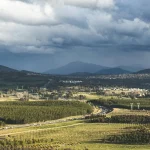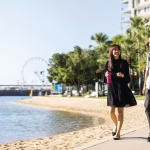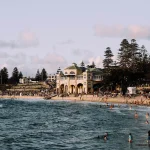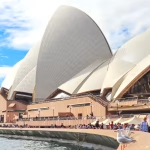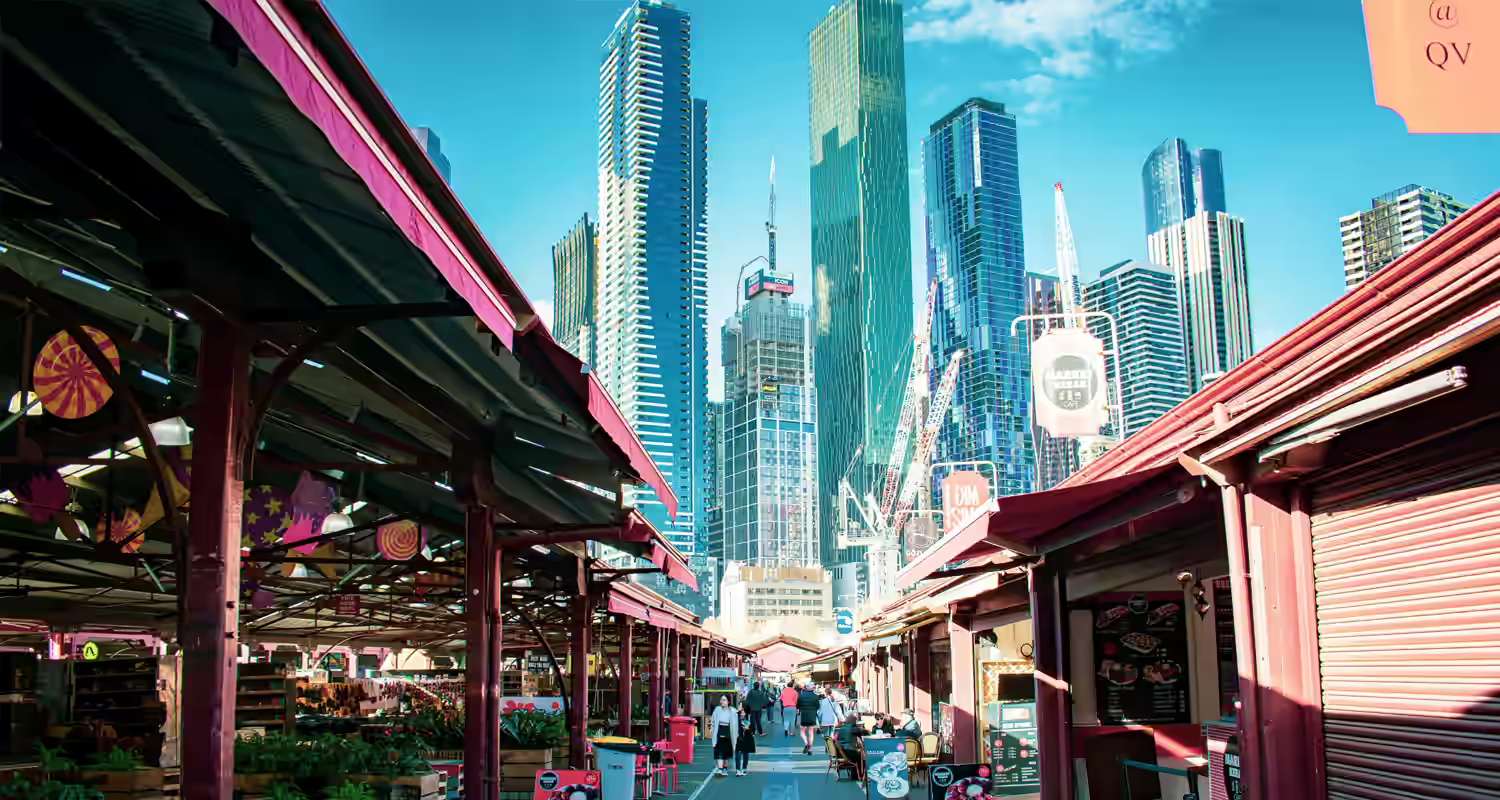
Study in Melbourne, international student city guide
Melbourne is one of Australia’s most vibrant and multicultural cities, known for its excellent education, lively arts scene, and high quality of life.
As a major hub for international students, Melbourne offers a welcoming environment where you can enjoy world-class universities alongside cafes, festivals, and green spaces.
The city blends a rich cultural heritage with modern innovation, making it an exciting place to live and study. Melbourne attracts students worldwide and is consistently ranked among the best cities for study.
Melbourne’s universities are globally recognized for their research excellence and diverse program offerings. Whether your interests are in science, business, arts, or technology, you’ll find top-quality education combined with strong industry connections.
The city also has a thriving job market, especially in sectors like finance, healthcare, digital technology, and creative industries, giving students great opportunities for internships and work experience.
Universities in Melbourne
Melbourne features a diverse university landscape, offering opportunities for every interest and background. From world-renowned research universities to specialists in technology, design, health, and the creative arts, the city provides high-quality teaching and strong global connections.
Public Universities
- The University of Melbourne
- Monash University
- RMIT University
- Deakin University
- La Trobe University
- Swinburne University of Technology
- Victoria University
Private Universities
- Australian Catholic University (Melbourne campus)
- University of Divinity
- Touro College Melbourne
- Melbourne Institute of Technology
- Federation University Australia (Melbourne campus)
Specialist & Applied-Sciences Institutions
These include art, design, business, technology, music, and performance colleges:
- RMIT College of Business & Law
- Media University of Applied Sciences (RMIT)
- SAE Creative Media Institute
- LCI Melbourne (interior & fashion design)
- Photography Studies College
- Academy of Interactive Entertainment
- BIMM Institute (music)
- Quadriga University of Applied Sciences
- Institute of Business & Technology (IBT)
TAFE Institutes (Vocational Training)
These institutions deliver practical and trade-focused courses, often pathways into university:
- Melbourne Polytechnic
- Holmesglen Institute
- Box Hill Institute
- William Angliss Institute
- RMIT TAFE
- Swinburne TAFE
- Victoria University (TAFE division)
- Kangan Institute
- Chisholm Institute
- Bendigo TAFE
- The Gordon Institute of TAFE
Group of 8 Universities
The Group of Eight (Go8) is a coalition of Australia’s leading research-intensive universities, recognized globally for academic excellence and strong industry and international partnerships.
Melbourne is home to two universities that are part of the Go8: the University of Melbourne and Monash University. These institutions consistently rank among the top universities in the world and are renowned for their research output, world-class teaching, and broad range of disciplines, including medicine, law, engineering, business, and the arts.
Articles related to studying in Australia
Latest rankings for universities in Melbourne
Melbourne is home to several globally ranked and respected universities.
To learn more about rankings and how to interpret them, see our University Rankings Explained article.
The table below summarizes their positions in the QS and Times Higher Education (THE) World University Rankings:
| University | QS World Ranking 2026 | THE World Ranking 2026 | Notable Strengths |
| University of Melbourne | 19 | 37 | Australia’s top-ranked; research, medicine, law, business, engineering, arts, sustainability. |
| Monash University | =36 | =58 | Pharmacy, medicine, engineering, business, global research, innovation. |
| RMIT University | 125 | 251-300 | Art & design, architecture, engineering, technology, media, industry links. |
| Deakin University | =207 | 201-250 | Health sciences, education, sport science, business analytics, student satisfaction. |
| La Trobe University | =233 | 251-300 | Biomedical science, social work, IT, business, sustainability. |
| Swinburne University of Technology | =294 | 251-300 | Engineering, technology, design, innovation, industry partnerships. |
| Victoria University | 741-750 | 501-600 | Applied business, sport science, TAFE pathways, diverse student body. |
| Australian Catholic University (Melbourne campus) | 851-900 | 401-500 | Nursing, education, health sciences, social work, community engagement. |
Cost of living and tuition fees
Melbourne can be more expensive than other Australian cities, but it offers good value for its high standard of living. Approximate annual costs:
- Tuition fees: AUD 20,000–45,000 (varies by program and university)
- Accommodation: AUD 8,000–15,000 (shared or student housing)
- Food and groceries: AUD 4,000–6,000
- Transport: AUD 1,000–1,500 (student concession cards available)
- Other expenses (books, leisure): AUD 2,000–3,000
Visa and immigration information
Australian and New Zealand citizens do not need a visa to study in Melbourne. International students from other countries must apply for a Student visa (subclass 500) before arriving in Australia. This visa allows you to live and study in Melbourne for the duration of your course, with the option to work part-time during your studies.
After completing your degree, you may be eligible to apply for a Temporary Graduate visa (subclass 485), which allows you to stay and work in Australia for one to four years, depending on your qualification.
You can find out more about visa requirements and how to apply on our Australia student visa guide.
Other cities in Australia
Student life in Melbourne
With over 250,000 students, Melbourne boasts an active student community. Universities and student groups regularly organise social events, cultural festivals, sports clubs, and volunteering opportunities, creating plenty of ways to get involved. The city’s famous coffee culture, live music scene, art-filled streets, and diverse multicultural food options add to the atmosphere.
Popular activities among students include exploring Melbourne’s iconic laneways (Australian term for alleys/backstreets) packed with street art and cafés, attending major events like the Melbourne International Film Festival and White Night, and enjoying outdoor spaces such as the Royal Botanic Gardens and St Kilda Beach. Many students also participate in university clubs, sports teams, and student-led initiatives, making it easy for you to connect and build friendships.
Despite Melbourne’s relatively high living costs, student discounts on public transport, entertainment, and dining help keep life affordable and enjoyable. This balance of vibrant city life and practical support makes Melbourne a great place for students to live, learn, and grow.
Melbourne is generally a safe city for international students, but for more information about staying safe, read our top safety tips for international students.
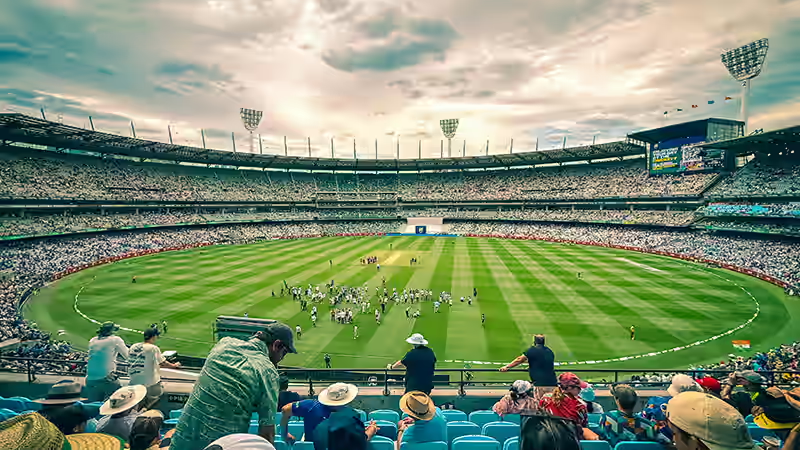
Top 5 Tourist Attractions in Melbourne:
- Federation Square – cultural and social hub with museums and galleries.
- Melbourne Cricket Ground (MCG) – iconic sports stadium and event venue.
- Royal Botanic Gardens – peaceful green space for relaxation and study breaks.
- National Gallery of Victoria (NGV) – Australia’s oldest and most visited art museum.
- Queen Victoria Market – historic market with fresh produce and unique goods.
Sign up to our regular email updates with advice on destinations, universities, scholarships and everything you need to prepare for studying overseas.
Sign up to our free emails nowGetting around Melbourne
Melbourne has an extensive public transport network including trams, trains, and buses. Students can get a concession card for discounted fares. The city is also bike-friendly, with many dedicated cycling paths. Walking is pleasant in central areas with plenty to explore nearby.
Career opportunities
Melbourne’s growing economy provides excellent career prospects for graduates across many fields. Key industries thriving in the city include finance, technology, healthcare, education, and the creative arts.
These sectors are supported by a mix of innovative startups, established multinational companies, and government agencies, all of which offer valuable internship opportunities and graduate programs. This dynamic job market means students and recent graduates have access to a wide range of roles, from entry-level positions to more specialized jobs.
Universities in Melbourne play a crucial role in preparing students for the workforce. They provide career services, including job fairs, workshops, and networking events, which connect students with employers and industry professionals. Many degree programs also include practical components such as internships, placements, or project work, helping you gain real-world experience and build your professional networks while studying.
For international students, Melbourne is especially attractive due to Australia’s flexible work regulations. Students are generally allowed to work part-time during their studies, which helps with living expenses.
Overall, Melbourne offers a supportive environment that combines strong academic programs with vibrant career opportunities, making it an ideal city for students planning their future careers.
Pros and cons of studying in Melbourne
Pros:
- World-class universities with diverse programs.
- Multicultural city with vibrant arts and food scenes.
- Strong job market and internship opportunities.
- Excellent public transport and student discounts.
- Safe, clean city with many outdoor spaces.
Cons:
- Cost of living and tuition can be high.
- Weather can be unpredictable, with four seasons in one day.
- Competitive housing market, especially near universities.
- Long distances between some suburbs and campus.
- Some courses have limited spots and competitive entry.



